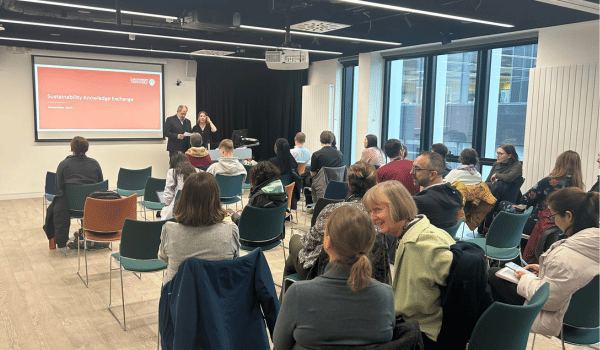Introduction
Lancaster University is a leader in sustainability, taking bold and urgent action to tackle
the climate and ecological crises and is seeking to achieve net zero carbon emissions by 2035. The University has a clear vision and strategy to embed sustainability in everything it does, from teaching and research to campus operations and partnerships.
The University is also committed to supporting the United Nations’ 17 Sustainable Development Goals and creating a positive impact on people and the planet.
We recognise that traditional Facilities-led approaches to sustainability management are no longer appropriate. Like most organisations, we now understand that 80% of our carbon dioxide (CO2) emissions arise because of the individual decisions we make, from how we choose to travel, to how we spend our money.


.jpg)
